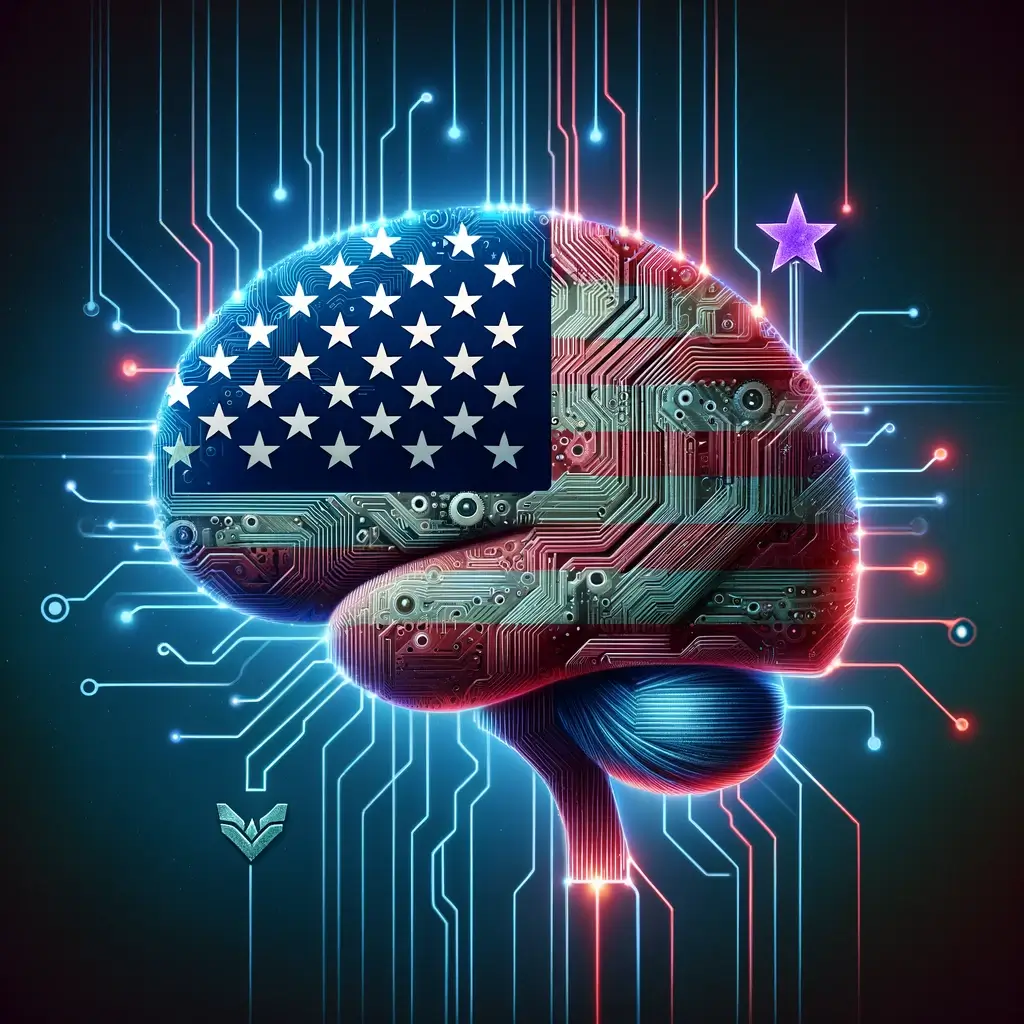Quantum computing is already in its infant stages in the world, and even though the maturity of the systems will easily take a few decades still, there is no doubt that quantum computing is part of the overall future of computing. It is different from digital computing in many ways, the main difference being the use of qubits instead of a completely binary system where 0 and 1 are the only options.
Quantum computers can process qubits in a sort of superimposed state where values can be 0, 1, or both at the same time, which paves the way for infinite new possibilities that can help with way more complex functions than digital computers are able to perform today.
Unlock the future of intelligent applications with our cutting-edge Generative AI integration services!
What Do We Expect From Quantum Computing?
The future is bright for quantum computing. To put this to scale, we can see that quantum computers are currently in the state of infancy that our current digital computers were in during their analogous stages. Quantum computers require much infrastructure and large machinery to support them, and while proper quantum processing requires millions of qubits to be processed at once, current systems can only perform a maximum of 72-qubit processes.
In the future, with the evolution of qubit technology and innovative solutions that will bring quantum computing to the forefront, we can expect complex processes to easily be able to come to fruition in a short amount of time. One example is that of weather systems. Despite the magnanimous evolution in technology and processors, weather systems are still largely unable to correctly predict the weather due to their fickle state. Quantum computers will be able to analyze and process large quantities of data in a short period of time, processes that can either take a long time to process using digital computers or cannot be processed by digital computers.
Accurate weather forecasting will help many industries, such as the agricultural and supply and chain logistics industries. We might also see accurate natural disaster predictions in the future as well.
Quantum computing will also help in the evolution of the pharmaceutical industry by creating simulations that show proper drug interactions at a molecular level. There could be improvements in the genetics side of pharmaceuticals as well, and we may see revolutions in the pharmaceutical industry in general.
The evolution of the pharmaceutical industry could mean the utilization of new materials and enhancements of current materials. The quantum simulations can pick out accurate combinations from thousands of different interactions and therefore make it easy for the industry to manufacture according to their needs.
Lastly, we also expect great leaps in the financial sector with the help of quantum computing. Quantum computing can be used to run highly complex market simulations that digital computers are unable to at present and optimize the transactional processes involved. In fact, experimentation in the financial sector with the help of quantum computing has already begun, and we can only see bright things in the future of quantum computing in terms of finances.
-
 GSA HACS Principal Security Architect$153.15
GSA HACS Principal Security Architect$153.15 -
 GSA IT Consultant$81.12
GSA IT Consultant$81.12 -
 GSA Cloud Senior DevSecOps Consultant$143.62
GSA Cloud Senior DevSecOps Consultant$143.62
What Can Quantum Computing Do Today?
Currently, quantum computing is far away from entering its mature stages. However, the fact that we can see it becoming a reality at any point is a huge achievement for humankind in general. Quantum computers are being harnessed by multiple tech giants in the world, such as IBM, whose quantum computer contains 65 qubits at present. Zuchongzhi, the Chinese quantum computer, harnesses the power of 66 qubits. Since experts suggest that proper computation using quantum technology will require the power of millions of qubits, we can understand that at present, quantum computers can only provide a boost to digital computers and nothing more.
Around 46 countries at present are a part of quantum-based research and development projects, even though much of the progress is largely academic. Quantum computing startups have also begun springing up in universities across the world.
While we can look at who gets to develop a high-power quantum computer first as a race, in reality, it is the combined effort of multiple institutions around the world that are coming together, paving the way for future advancements. One such method of advancement could possibly be the use of microservices to further quantum computing solutions.
How Do Microservices Help?
The introduction and common use of microservices have also been revolutionary in the world at present. Microservices refers to breaking down a large, monolithic structure in the form of a website or any cloud system into smaller, more manageable structures that are either loosely coupled together or decoupled entirely. Essentially, microservices were able to speed up services and make online platforms highly efficient by breaking a large situation into smaller, more manageable situations.
Microservices are also easy to integrate into any computational platform. When we think of quantum computing, we are not just thinking of breaking an entire computer into manageable microservices since even if it is not difficult, it may just be undesirable. However, we can think about integrating microservices into parts of quantum computing or utilizing quantum computing as a microservice as well. This is possible since microservices have been revolutionary in letting different technologies interact with each other.
So with the help of microservices, instead of starting with a giant, complex quantum supercomputer, we can begin slow and gradual quantum incorporations in existing computational platforms and slowly try to adjust to them. Needless to say, microservices have played an integral role in solving many structural problems of present-day cloud systems, and they could do the same for quantum computing as well.
Conclusion
Quantum computing may be in its infant stages at present, but there is no doubt that the future of quantum computing is very bright. Microservice integrations will be able to help the slow and gradual incorporation of quantum elements into regular systems before a whole new system is developed. All in all, the world is making progress in terms of quantum computing, and the future possibilities are endless and very exciting.
Further blogs within this Quantum Computing category.

